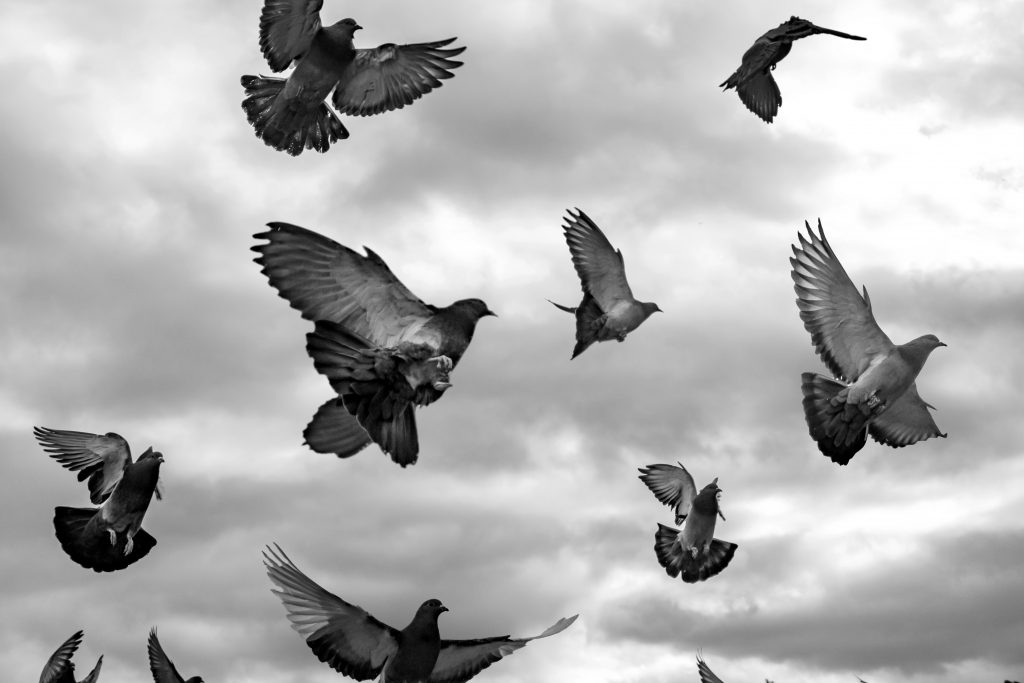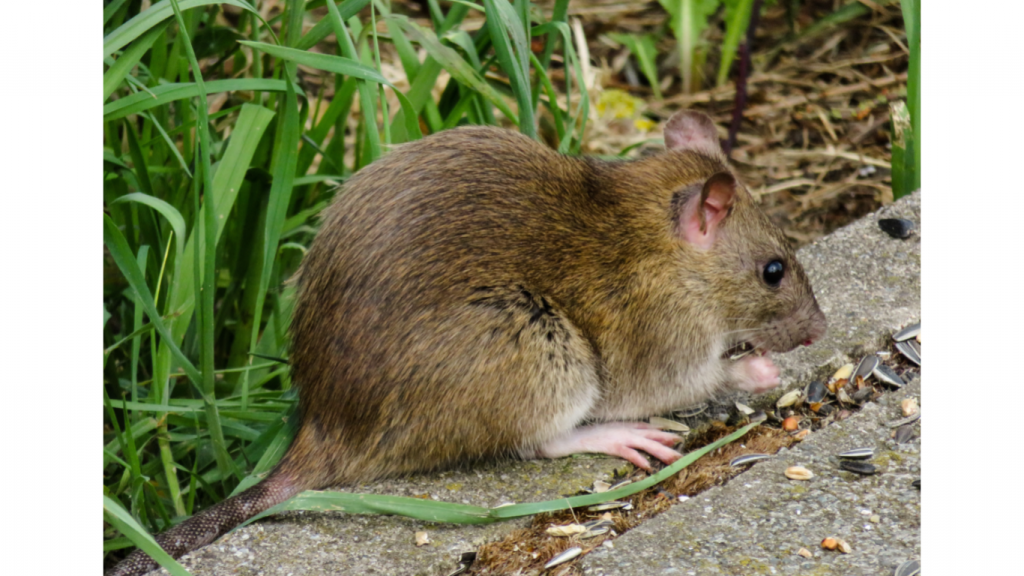Pigeon Pests

General Information
Pigeons have managed to evolve and out compete countless other species, they have successfully migrated and colonised the entire world – wherever humans can be found pigeons can be found not much further behind. There is an estimated 0.9 million pigeons in London alone. Pigeons are monogamous and typically mate for life. Pigeons build a flimsy platform nest of straw and sticks, put on ledge, under cover, often located on the window ledges of buildings. In captivity, pigeons commonly live up to 15 years and sometimes longer. In urban populations however, pigeons seldom live more than 3 or 4 years. Natural mortality factors such as predation by mammals and other birds, diseases, and stress due to lack of food and water, reduce pigeon populations by approximately 30% annually. Pigeons are found to some extent in nearly all urban areas around the world.
It is estimated that there are 400 million pigeons worldwide and that the population is growing rapidly together with increased urbanization. Sexes look nearly identical, although males are larger and have more iridescence on their neck. Juveniles are very similar in appearance to adults, but duller and with less iridescence. Pigeons are highly dependent on humans to provide them with food and sites for roosting, loafing, and nesting. They are commonly found around farm yards, grain elevators, feed mills, parks, city buildings, bridges, and other structures, although they can live anywhere where they have adequate access to food, water and shelter. Pigeons feed in flocks and will consume seeds, fruits and rarely invertebrates, although can subsist just fine on street scraps. Pigeons require about 1 ounce (30 ml) of water daily. They rely mostly on free-standing water but they can also use snow to obtain water. The average pigeon requires 30 grams of dry matter per day, roughly 10% of their body weight.
Average Lifecycle
Female pigeons can reach sexual maturity as early as 7 months of age. 8 to 12 days after mating, the females lay 1 to 3 (usually 2) white eggs which hatch after 18 days. Condition at Hatching: Helpless, with sparse yellow or white feathers. Chicks fledge (leave the nest) in 25-32 days (45 days in midwinter). The male provides nesting material and guards the female and the nest. The young are fed pigeon milk, a liquid/solid substance secreted in the crop of the adult (both male and female) which is regurgitated. More eggs are laid before the first clutch leaves the nest. Breeding may occur at all seasons, but peak reproduction occurs in the spring and fall. A population of pigeons usually consists of equal numbers of males and females. When populations suddenly decrease, pigeon production increases and will soon replenish the flock.
Quick Facts
Type: Bird
Diet: Omnivore
Life span: Up to years in the wild
Size: 31-34 cm, Wingspan 63-70 cm
Weight: Average 360g
Habitat: Urban areas
Range: Most cities around the world
Scientific name: Columba livia
FUN FACTS
• Pigeons were carried on ships in convoys and in the event of a U-boat attack a messenger pigeon was released with details of the location of the sinking ship saving countless lives.
TREATMENT
Every bird situation is different, therefore a bespoke course of action is taken in controlling this pest for you, our customers.
Call us at:
0208 914 8285







